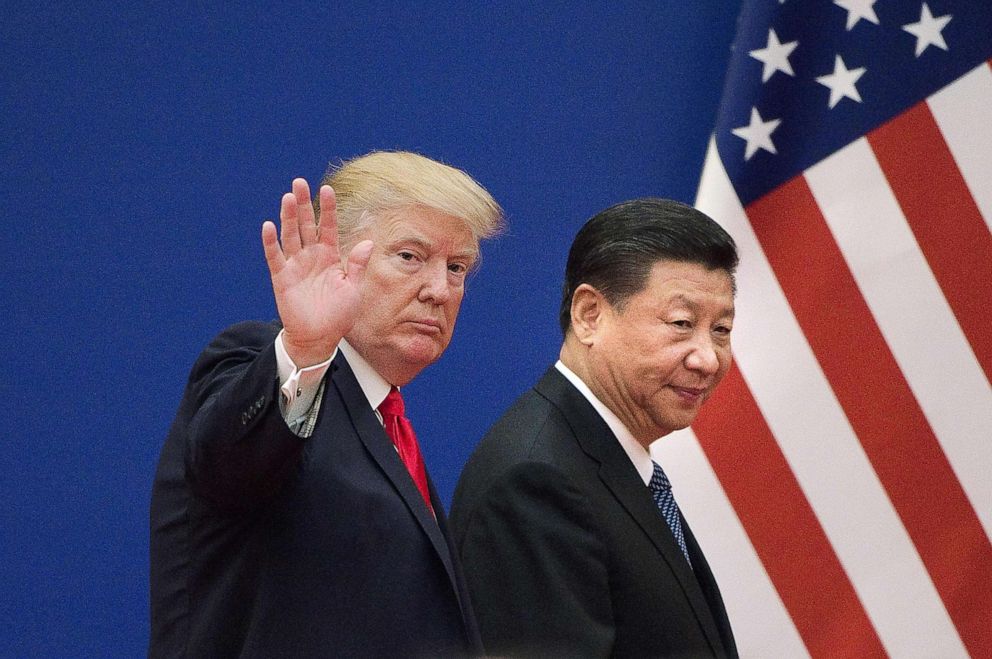US likely to impose more tariffs on China if new trade deal isn't reached
U.S. trade representative Robert Lighthizer spoke about the plans on Tuesday.
U.S. trade representative Robert Lighthizer said before the Senate Finance Committee on Tuesday that the U.S. is ready to place more tariffs on China if it can't agree to a new trade deal.
“The economic trade relationship with China has been unbalanced and grossly unfair to American workers, farmers, ranchers and businesses for decades,” Lighthizer told the committee. “We put tariffs on certain Chinese products, and are preparing to do more if certain issues cannot be resolved satisfactorily.”
It’s the first time Lighthizer — the chief U.S. negotiator on China — spoke with lawmakers after trade talks between the U.S. and China broke down late last month.
Talks between the two nations are expected to resume when Trump and Chinese President Xi Jinping meet at the G-20 Summit in Japan next week.
For months now, the world’s two largest economies have engaged in trade disputes that have put financial markets on edge.
“Had a very good telephone conversation with President Xi of China,” Trump announced on Twitter. “We will be having an extended meeting next week at the G-20 in Japan. Our respective teams will begin talks prior to our meeting.”

Markets immediately surged at that news. Earlier this year, President Trump announced tariffs on $250 billion dollars of Chinese goods. The Chinese retaliated with a counter tariff on $110 billion worth of U.S. goods.
“We have an untenable situation with China one that should have been addressed, frankly, a couple of decades ago,” Lighthizer told senators. “It's a long history of them violating the norms of intellectual property moving forward and making promises and not keeping their promises.
Lighthizer pressed senators to take action on the United States-Mexico-Canada Agreement (USCMA) that's meant to replace NAFTA. Congress has yet to ratify the new trade agreement.
But committee Democrats presented a united front arguing that the USMCA needs to have a more clear enforcement mechanism between all the signing countries.
“Commitment from other countries aren’t any good if there’s no way of holding countries to them,” said ranking member Sen. Ron Wyden (D-Oregon). “The new NAFTA retains a weak enforcement system from the old NAFTA, which too often gave a free ride to the trade chief.”
The Trump administration is also hoping for Congress’ signoff on the USMCA in order to shore up its trade relations with Mexico. President Trump threatened a 5% tariff on Mexican goods — which he backed down from — if the nation did not control the influx of migrants illegally crossing into the U.S. from Mexico.
“I think if you get to the point where you think it's a national crisis — a national security problem — you do what you have to do, absolutely," said Lighthizer. “And I would suggest any member would do that.”




